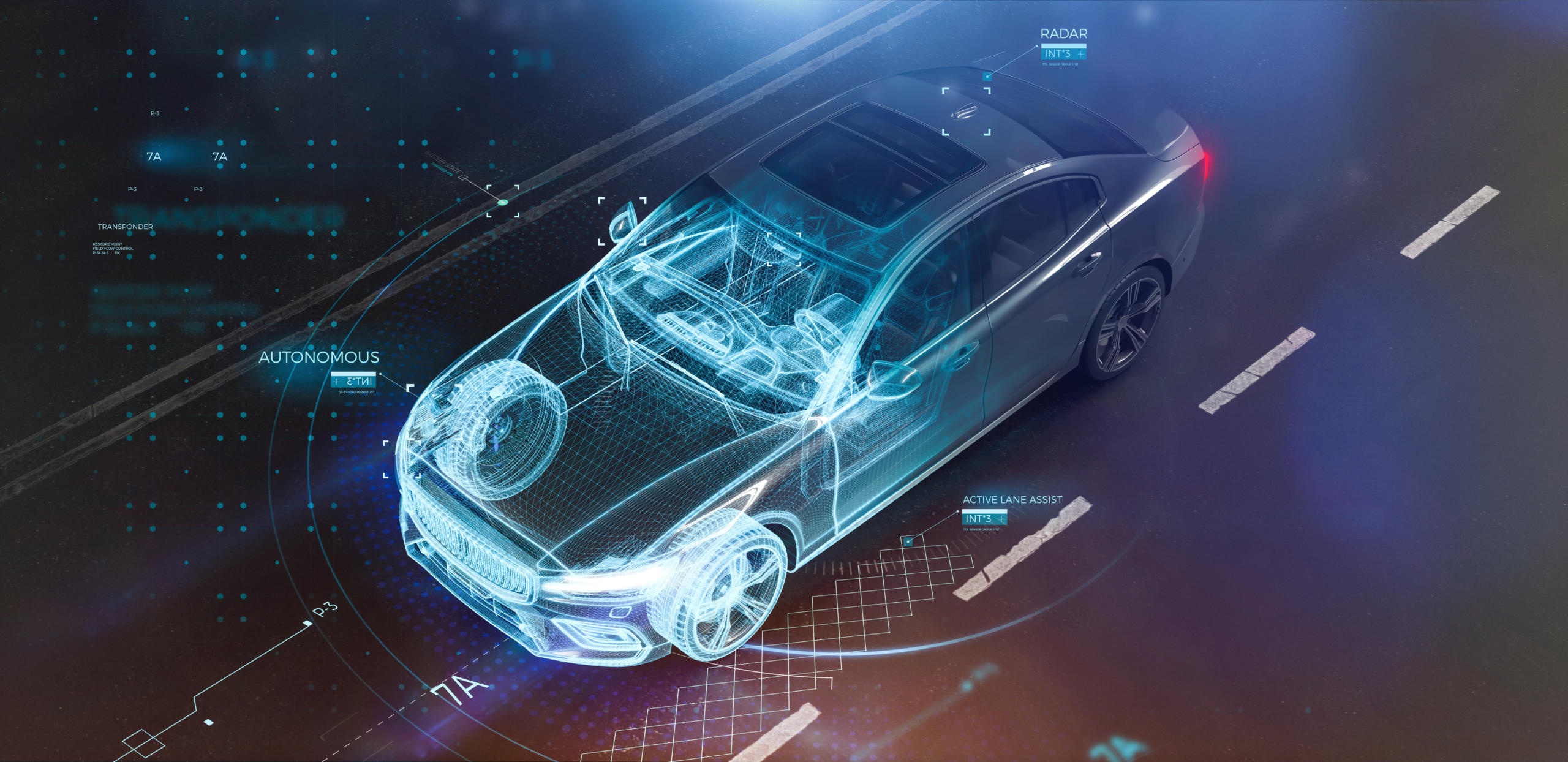
Self-driving car engineering is a fascinating, interdisciplinary profession that consists of engineering, machine learning, computer science, robotics, and automobiles. Leading companies are driving change with cutting-edge technologies.
There are many ways you can pursue your interests in self-driving car engineering by working directly with autonomous vehicles or indirectly on their integrated technologies. Across the world companies are developing self-driving cars and related technologies such as sensor systems, artificially intelligent neural networks, computer vision, and vehicle safety features. Learn how you can become a self-driving car engineer.
Who Can Be a Self-driving Car Engineer?
You may already have a background in engineering, computer science or robotics and know you want to transition into the field of self-driving cars. Alternatively, you may have little experience with the field of autonomous vehicle engineering but be curious to learn more.
Self-driving car engineering is a great field of study for people with the following work and learning styles:
- Lifelong learners and skill-enhancers
- Researchers
- Problem solvers
- Programmers
- Clean coders
- Technical thinkers
- Systems analysts
This list is not exclusive, however; people with various backgrounds, skill sets, work styles and interests can thrive in the field of autonomous vehicle engineering.
Many Roads Lead to Self-Driving Car Engineering
Occupations
Numerous professions with great earning potential enable you to develop the right knowledge base and skills needed to become a self-driving car engineer.
Vocations related to self-driving car engineering include:
- Electrical engineer: a type of engineer who works with electricity, electromagnetism, and electronics
- Robotics engineer: an engineer who works on robots and their integrated technologies (e.g. autonomous cars, aquatic submersibles, unmanned aerial vehicles, humanoid robots)
- Autonomous driving validation engineer: an engineer who tests and validates autonomous driving computing platforms
- Controls and drives engineer: an engineer who focuses on maintaining hardware and software for functional components of intelligent drive systems (e.g. actuators and sensors)
- Sensor system engineer: an engineer who works with the hardware and software of sensor systems (e.g. lidar, radar, cameras)
- Systems engineer: an engineer who develops and maintains functional systems (e.g. wireless vehicle-to-vehicle communication systems, aerospace satellite communication systems, cloud computing systems)
- Computer programmer: someone who writes and tests computer programming code for software and hardware operation
Subjects
You can develop skills to become a self-driving car engineer by studying across disciplines. Relevant subjects include:
- Software engineering
- Mathematics (e.g. calculus, linear algebra, probability and statistics)
- Computer programming (e.g. C, C++, Python)
- Robotics
- Sensor systems (e.g. lidar, radar, GPS, sonar, cameras)
- Automotive vehicle mechanics and design
- Mechanical engineering
Software engineering, mathematics, and computer programming are useful for creating and understanding algorithms that are integral to self-driving car technologies like automated vehicle sensor systems.
Proficiencies in robotics, mechanical engineering, and automobile design can help you optimize your understanding of how self-driving cars function.
You can use your strong knowledge of these subjects to recommend improvements to vehicle designs and specific features like advanced driver assistance systems (ADAS).
Topics
Autonomous vehicle engineering comprises many topics. To become a self-driving car engineer, gain experience training and working on the field’s focal areas that interest you:
- Simultaneous localization and mapping (SLAM)
- Computational geometry
- Robotic mapping
- Computer vision, simulations, and graphics
- Real-time data processing
- Parallel computing
- Object recognition
These topics are integral to autonomous vehicle functions. Self-driving cars use computer vision, object recognition, real-time data processing, and SLAM, for example, to perceive surrounding environments and accurately navigate through them.
Self-driving car engineers rely on computer simulations to test automated vehicles in laboratory settings and real-world driving scenarios. Vehicle operators sometimes instantaneously run simulations to foresee in real-time how a test car will deal with combinations of real-world variables such as pedestrians, trees and trains.
Pursue Opportunities Beyond the Classroom
Whether you are a student or working professional looking to expand your career opportunities, you should seek opportunities related to self-driving car engineering that enable you to learn and diversify your skill set.
You can find learning opportunities related to self-driving car engineering via:
- Clubs (e.g. robotics, electrical engineering, computer science)
- Internships (hone your skills with leading car manufacturers and tech companies)
- Professional societies
- Certification programs
- Jobs
Parallel opportunities can allow you to enhance your skill set, increase your pay grade, connect with working professionals, and open doors to new options. You may want to connect with professionals via mixers or get licensed as a professional engineer (PE).
Jobs and internships in self-driving car engineering and related fields are available around the world. Global car manufacturers actively working on autonomous vehicle technology include:
Industry experts suggest that to be a self-driving car engineer it is not only important to train in relevant disciplines but also to perfect your skills through time. Leading companies look for employees who have strong competencies and complete excellent work.
The Society for Automotive Engineers (SAE) International and the National Society of Professional Engineers (NSPE) offer certifications and continuing education opportunities.
Learn With Udacity
Additional training opportunities are available via online learning platforms like Udacity. In fact, Udacity’s founder, Sebastian Thrun, is an expert in the field of self-driving cars. He is an experienced self-driving car developer and winning team leader.
Udacity offers Nanodegree programs related to self-driving car engineering. Through Udacity you can study diverse subjects such as computer programming, sensor fusion, robotics, and machine learning.
Mercedes-Benz Research and Development North America (MBRDNA) has partnered with Udacity to build our Self-driving Car Engineer and Sensor Fusion Engineer Nanodegree programs and autonomous systems for enterprise.



